Technology tools come to the rescue for vital records agencies and consumers

Your spouse is overseas in intensive care from COVID and you need to catch an immediate flight. As you throw a few items in a bag, you flip open your passport, only to discover that the main page has been ripped out. There’s no time to wait for an expedited delivery of the birth certificate you need to secure a new passport because even that’s taking weeks to process during the pandemic.
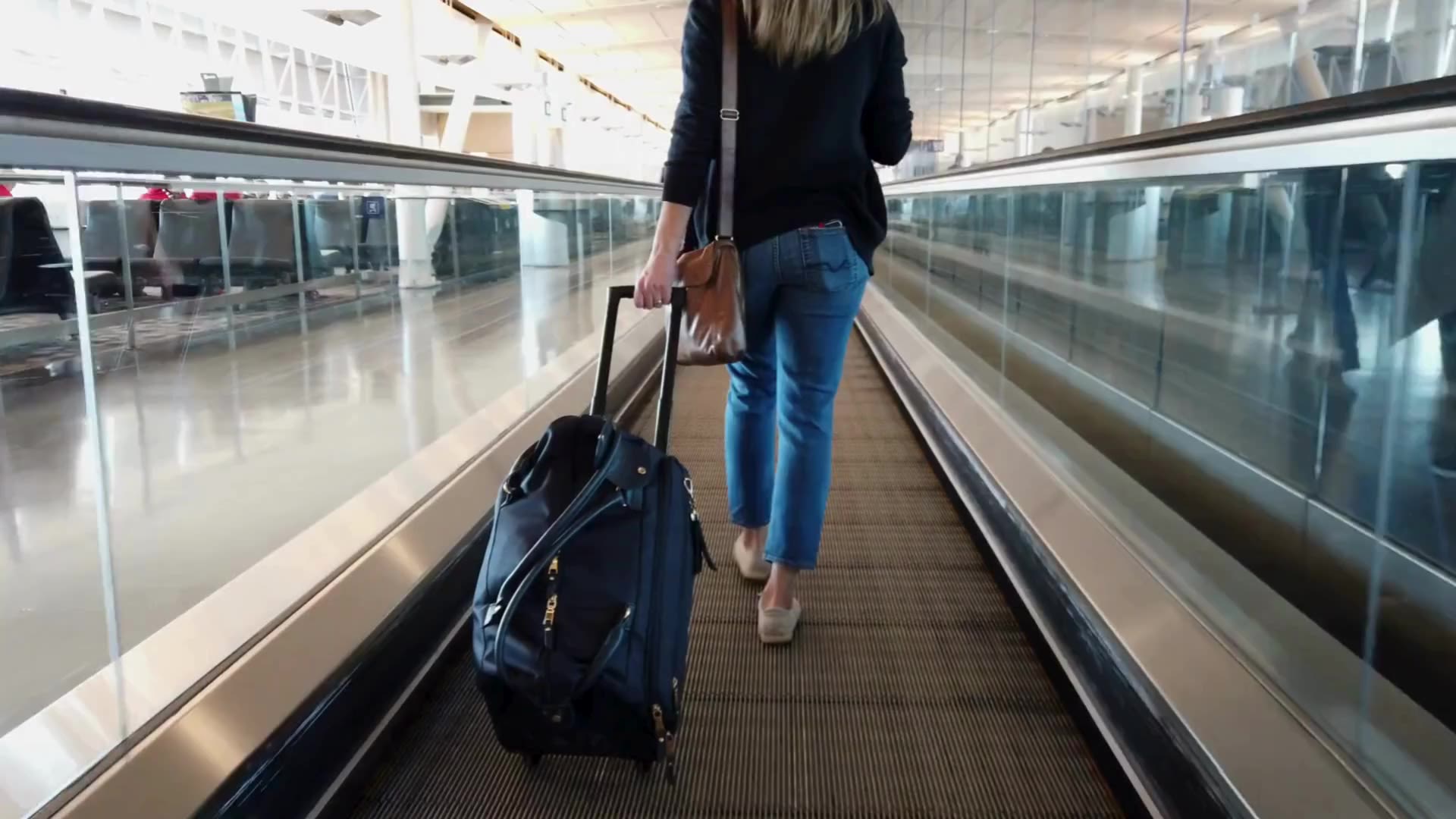
Many of us have either experienced a similar emergency or know somebody who has. Despite all the technological gains the world has enjoyed, the pandemic humbled us all when life as we knew it came screeching to a startling halt. And many aspects still haven’t fully recovered. Take state vital records agencies, for example.
During the throes of the pandemic, turnaround times to secure vital records like birth and death certificates exploded as underfunded and understaffed offices faced backlogs of up to six months in many cases. As a result, it became commonplace for frustrated consumers to drive hundreds of miles to get to their state vital records office, only to stand in line for hours until they finally had the certified record in hand.
For those who placed record orders online, many grew impatient with the long wait times and started inundating the office with calls to determine when they’d finally receive that much-needed birth certificate to travel overseas or a death certificate to collect life insurance to pay for funeral expenses.
“Our phones were ringing off the hook, and we were already operating at half of our typical staff each and every day because of social distancing demands. The time spent dealing with all those calls took away from the time required to process record requests, which made the wait times for records climb even higher.”
-Kelly Baker, Oklahoma State Registrar
Even today, there are states still digging themselves out of the backlog, where it can take three months or more to get a record. However, government agencies that use technology tools to modernize their operations are proving that there’s a more efficient way to conduct business – allowing agencies to bounce back more quickly and deliver a more convenient experience to consumers.
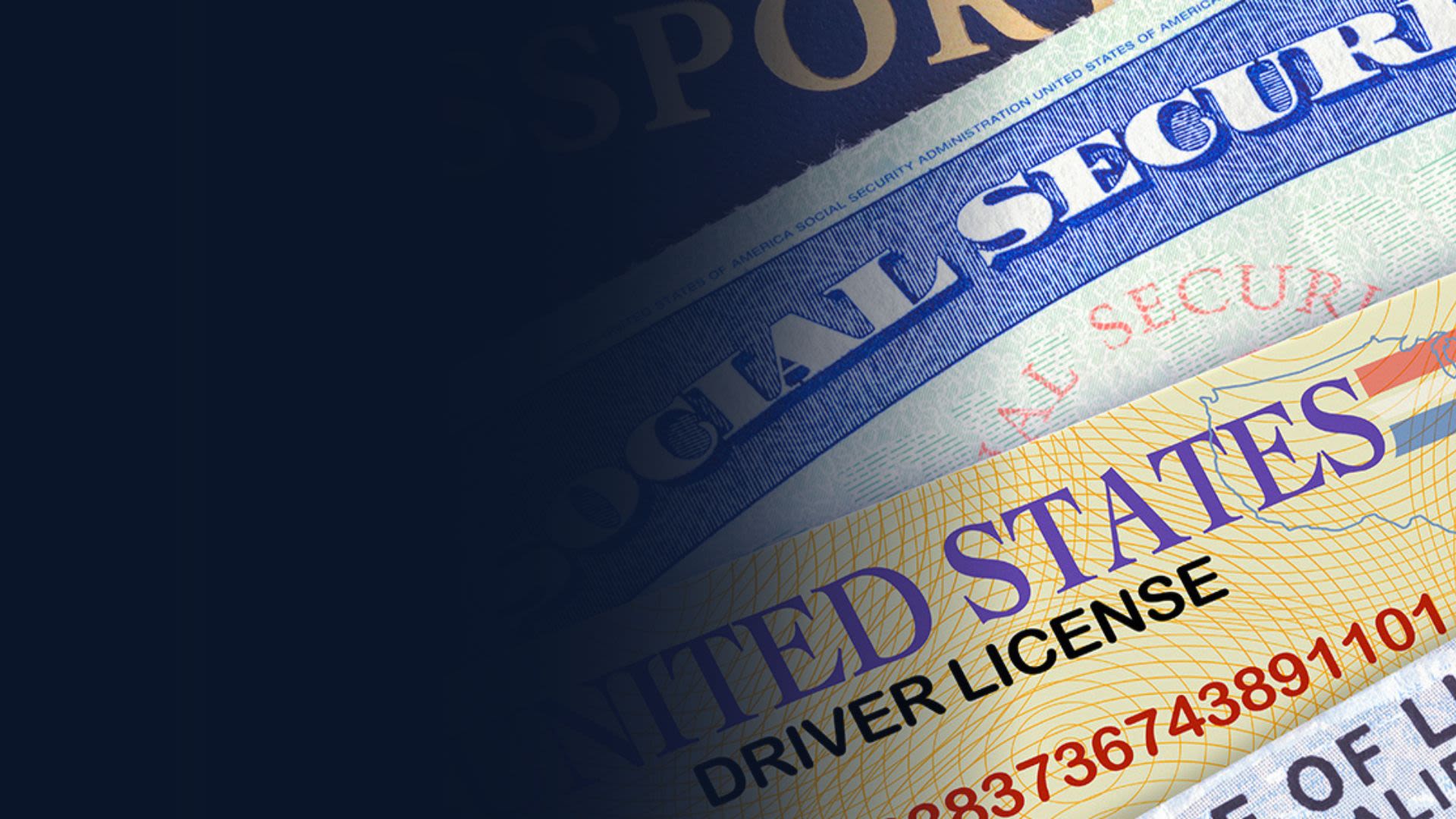



Cleaning up the backlog

In the state of Oklahoma, for example, Baker is piloting an outsourced call center in collaboration with VitalChek® from LexisNexis Risk Solutions to help the agency clean up the backlog that resulted from the pandemic. Now, any call that comes into the vital records agency is handled by a team of call center experts, allowing the internal agency staff to focus on processing record requests rather than worrying about fielding calls.
Baker reports that wait times for processing certified copies of records have now dropped from two to three months to two to three days because staff no longer spend the day answering calls.

Moving from manual to modern

There are many more tools and services that agencies now have at their disposal to start modernizing what has predominately remained a manual paper-based process. VitalChek offers phone ordering with a live agent in addition to online and mail ordering. There are also self-service kiosks that can be installed in lobbies where consumers enter their information and receive immediate identity verification, so the agency knows that the person paying for the record is entitled to receive it. Agencies can offer a will-call service that’s like ordering concert or sporting event tickets. Consumers simply place the order online and then pick it up at the agency office instead of waiting to have it shipped. They can even schedule a time slot for pickup that helps the agency minimize long lines. And then some agencies are automating their entire ordering process through a software as a service platform that removes all the paper, making it much easier to keep track of orders and much faster to process them.
Special circumstances can now be efficiently addressed as well. In fact, the state of New Jersey recently piloted a service that other states are starting to implement where VitalChek takes the heavy lifting off the state agency by providing an expert to staff the office and process urgent requests from consumers. The value of a service to expedite processes and overnight the certificates can’t be underestimated if you’re trying to get to your spouse in intensive care in another country.
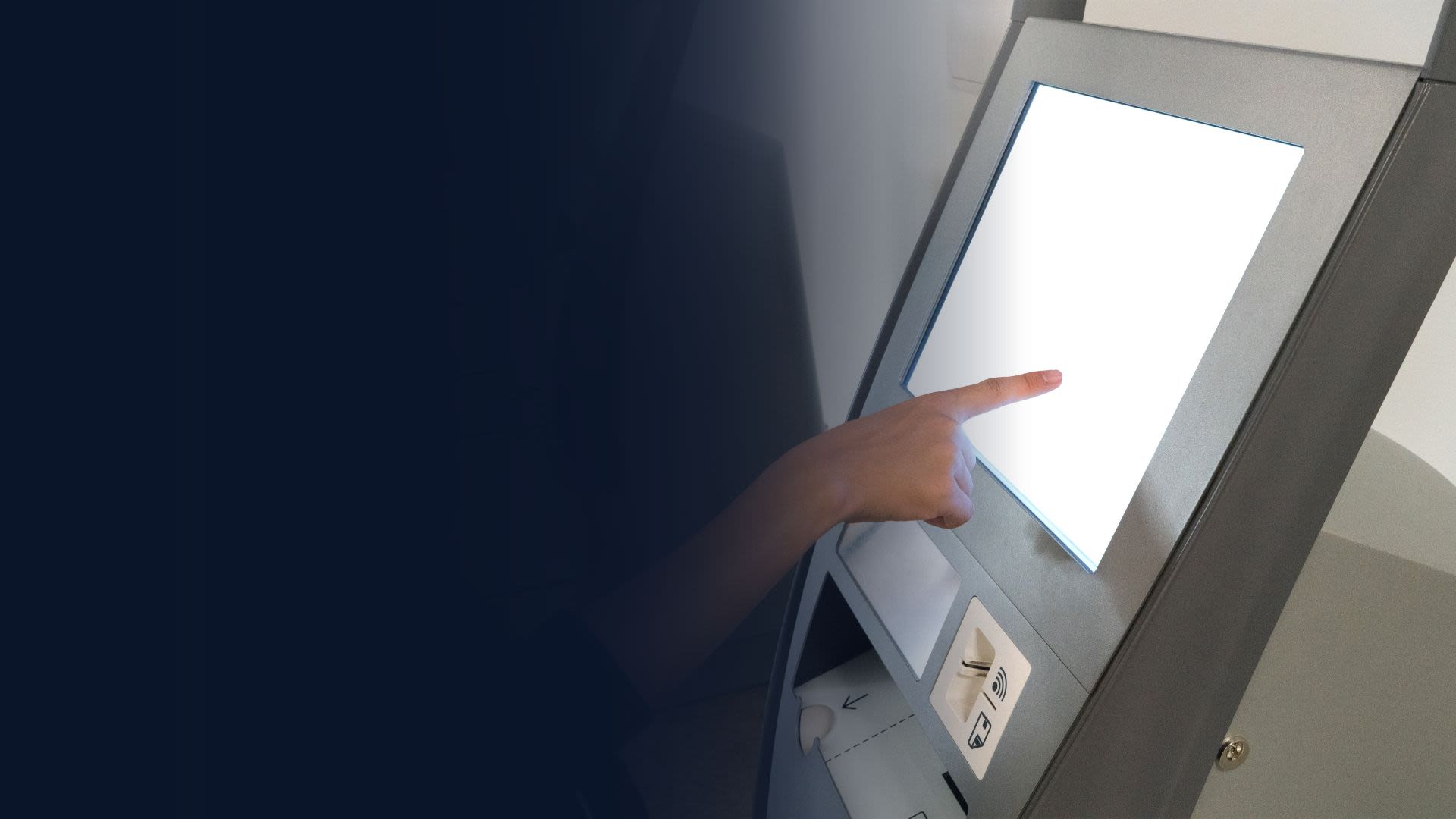

Prioritizing public health

Other services include providing the resources to help state agencies who have fallen behind in registering vital events like marriages, divorces and deaths, which is another task they’re responsible for beyond issuing birth and death records.
“Most people are unaware that every birth and death certificate contains hundreds of fields of medical data used by the National Center for Health Statistics, the Centers for Disease Control and Prevention (CDC) and others to help formulate public health policy,” explains vital records expert Greg Sirko, Vice President, VitalChek, who has worked in the industry for more than 30 years.
“For a birth record, that includes vital medical information about the mother and her pregnancy and the baby’s birth and health such as Apgar scores. For a death record, that includes medical information about the person and the circumstances leading up to the death.”
But as Sirko points out, this information is typically provided every three to six months. During the pandemic, however, there was immense pressure put on record agencies to rapidly provide this information so local, state and federal health authorities could track the spread of COVID and resulting deaths. As the vital records staff was diverted to work on these more urgent public health matters related to COVID, it became impossible to catch up on the normal business in a vital records agency. By partnering with a technology provider like VitalChek, agencies can now automate that process, so reports are delivered to the National Health System as quickly and efficiently as possible.


Bringing the big picture

Another factor that further complicates the business is the fact that there are hundreds of state agencies, and each one can have their own set of rules about who is entitled to get a certificate and what you need to prove to receive it. For instance, Kentucky and Ohio are open record states where you don’t have to prove anything to get a birth certificate. However, a state like New York only allows the people named on the certificate to receive it.
An agency that partners with an organization like LexisNexis Risk Solutions can draw on their expertise to uncomplicate the process. “We work with more than 470 vital record offices throughout the United States and its territories,” explains Judy Nelms, Senior Director of Customer Operations at VitalChek.
“So, we see the whole picture in terms of every agency’s ordering and verification process requirements. As a result, we’ve been able to determine what works best and what doesn’t and provide remedies that make the process more efficient for the agencies and more convenient for the consumers.”
For example, a team of experts do all the up-front work for the vital records agency, reviewing every single document that’s sent in and either approving or denying it based on the requirements for that agency. If a document is denied, they’re in constant contact with the consumer to resolve it so they receive their records quickly and remotely.

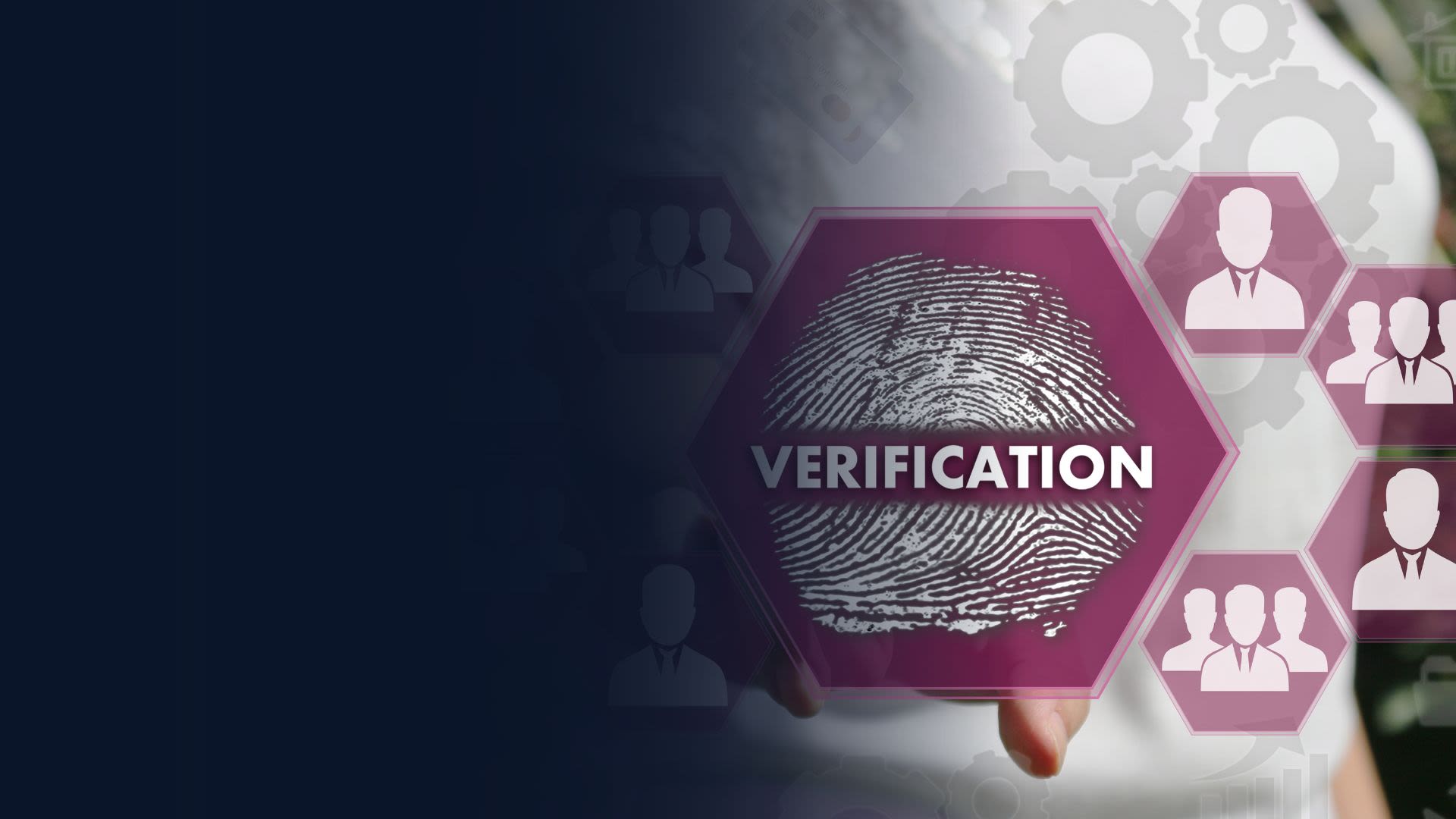
Answering other emergencies

Just like during the pandemic, there are many life-and-death scenarios that people face every day. By partnering with experts like those at VitalChek, agencies can answer the SOS call by accelerating the process from months to 24 to 48 hours.
Custody violations
The call came in from a woman in tears because her husband, a Russian citizen, had kidnapped their children and left for Russia. She desperately needed to travel there to get her kids back but first needed to secure copies of their birth certificates. The VitalChek team worked it out so she could fly out the next morning with the documentation in hand, and she had her children back that day.
Human trafficking
The State Department estimates more than 27 million people are victims of human trafficking across the globe, a trend that intensified from widespread unemployment during the pandemic. For those who escape, it’s extremely difficult to get back on their feet. VitalChek works with human trafficking charities like Oasis House in Dayton, Ohio, to provide fee-free birth certificates and with the Georgians for Refuge, Action, Compassion and Education (GRACE) Commission to organize awareness training programs.
Natural disasters
When forest fires, hurricanes and tornadoes hit, the people impacted often lose everything including important documents. To get much-needed Federal Emergency Management Agency (FEMA) support for natural disasters like these, the first thing they’ll need is key identification like driver’s licenses and birth certificates. VitalChek sets up mobile units to help the state agencies expedite the process ― often providing the certificates at no cost to the consumer.
Rapid adoptions
When a child loses their parents in circumstances such as a tragic accident or criminal negligence, the child becomes a ward of the state. It’s obviously in the child’s best interest to resume a normal life as soon as possible, but an original birth certificate is needed for the child to be placed with a family for adoption. VitalChek works with social service agencies to expedite that process, dramatically cutting the wait time for the child to be united with a new family.
From everyday occurrences to full-blown emergencies, consumers rely on their state vital records agency for a better experience, and organizations like LexisNexis Risk Solutions have technology tools and best-practice services ― from call centers and kiosks to will call and expediting experts ― that are at the ready to deliver it.
The tale of two agencies
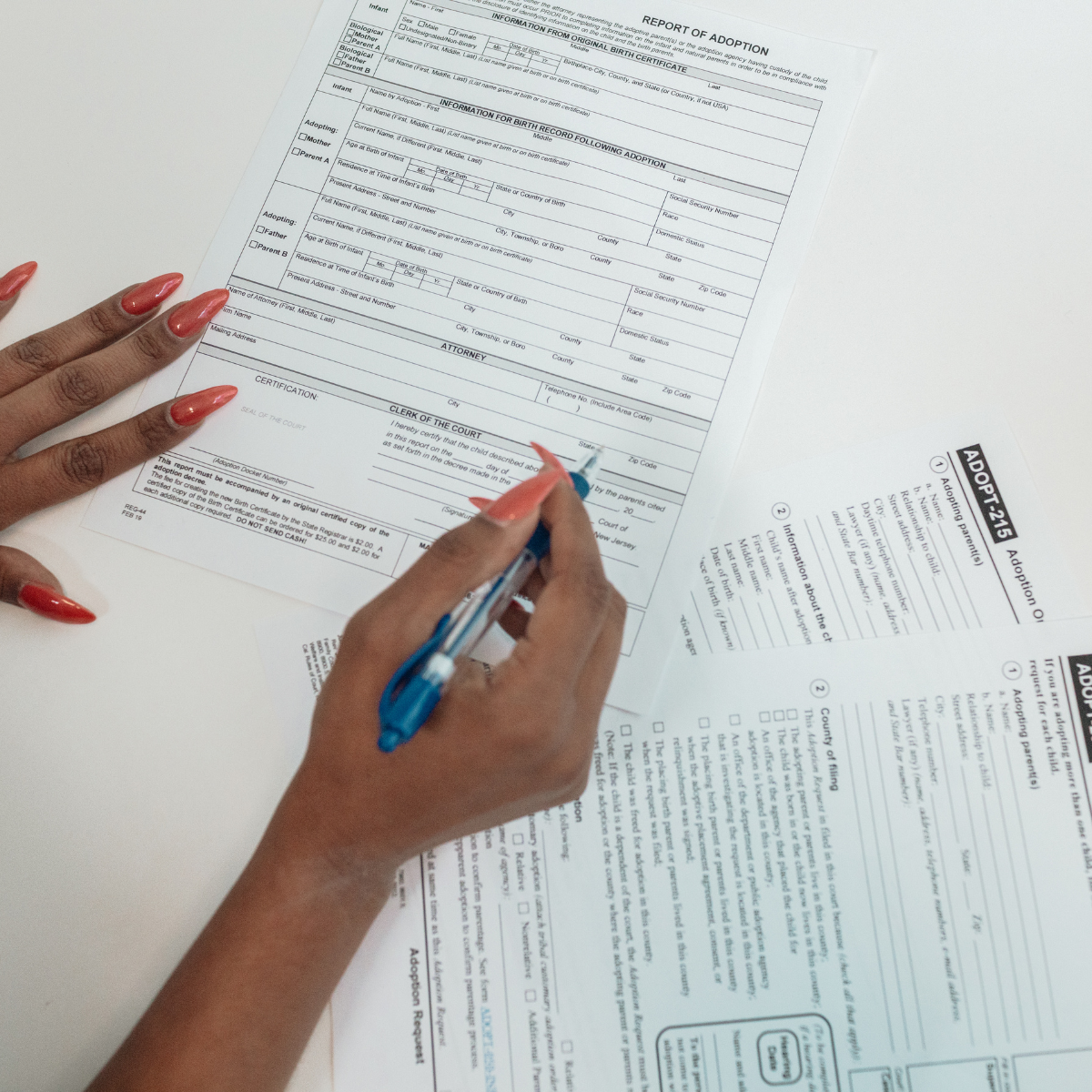
An agency operating without a tool like VitalChek typically requires consumers to mail in a request form or travel to the vital record office to fill one out. If you’re mailing in your order, you may need to get a notarized statement to verify your identity and pay with a certified check or money order. Even if they take payment from you, there may be a process that requires you to fill out a form and mail it into the state. If you make a mistake on the paperwork, it will add substantial processing time. And there is very little ability for you to track your order to pinpoint when it will be delivered.

An agency with a tool like VitalChek, on the other hand, allows consumers to do everything in one place online for the quickest turnaround. Identity is electronically authenticated, and there are hundreds of built-in edits for each state’s rules that minimize the possibility of error. And the request is electronically transmitted so that it’s directly uploaded into the issuance system. Nobody’s looking in books or indexes or trying to bring the record up on the computer. All the state staffer needs to do is issue it. If the consumer is missing something or has questions, the VitalChek service takes those calls, emails, or chats so the state agency doesn’t have to, even sending an automated email notification with the day and time the consumer will have the certified copy in hand.

